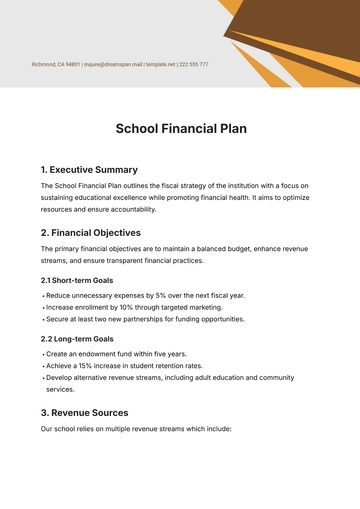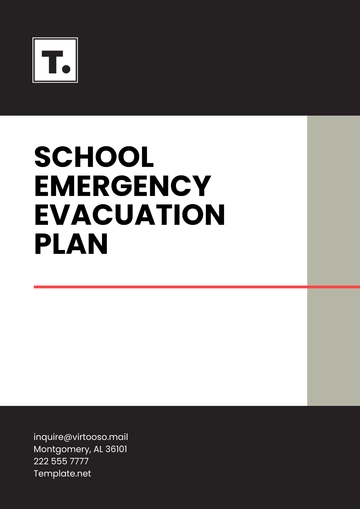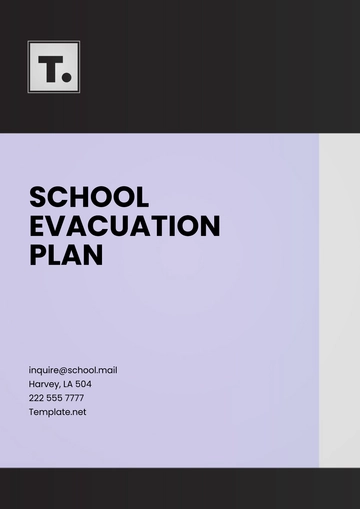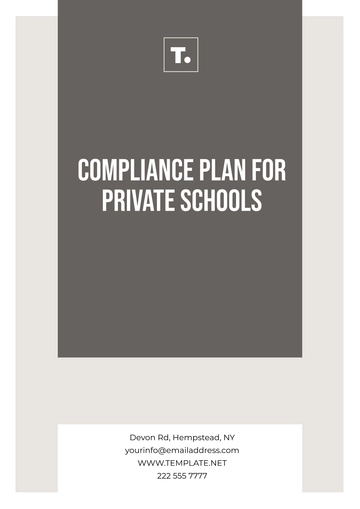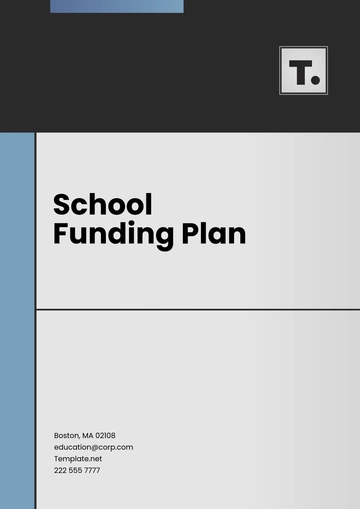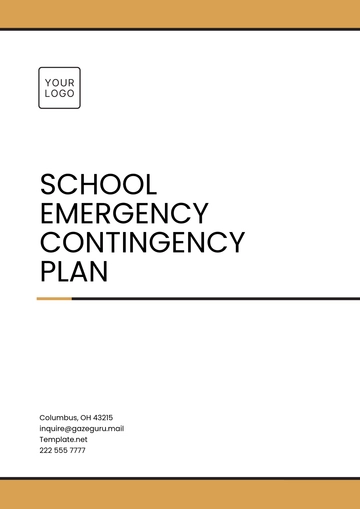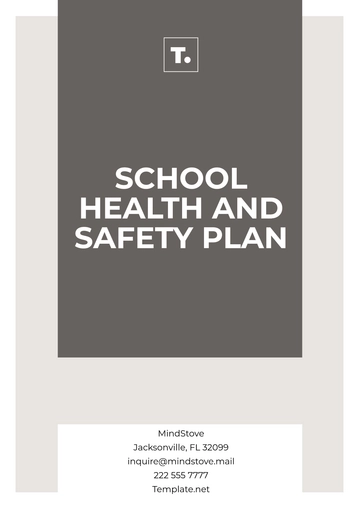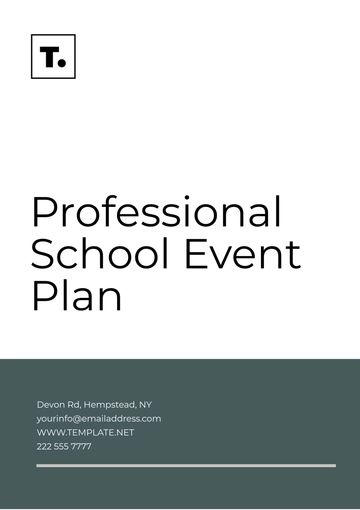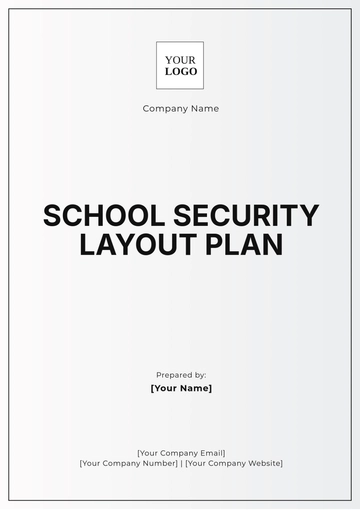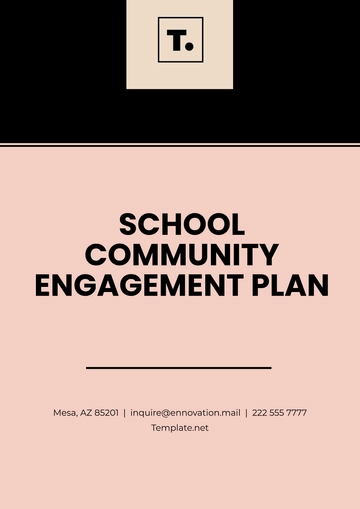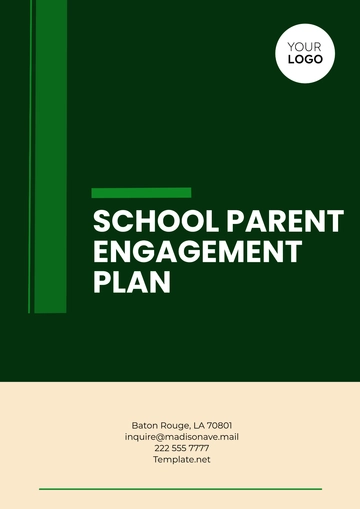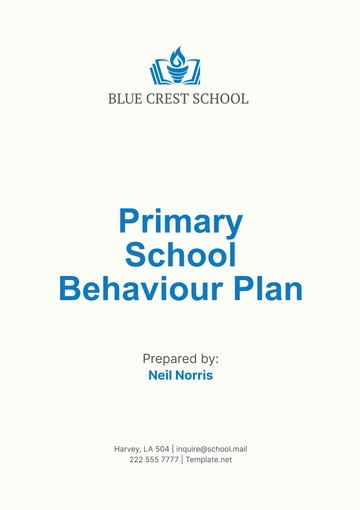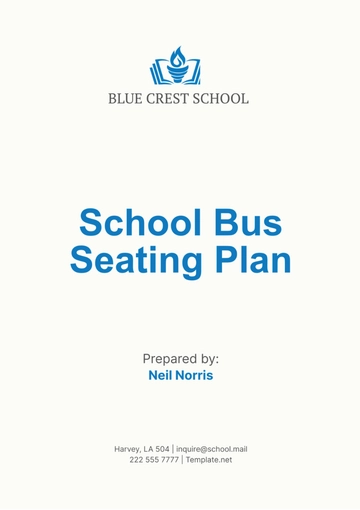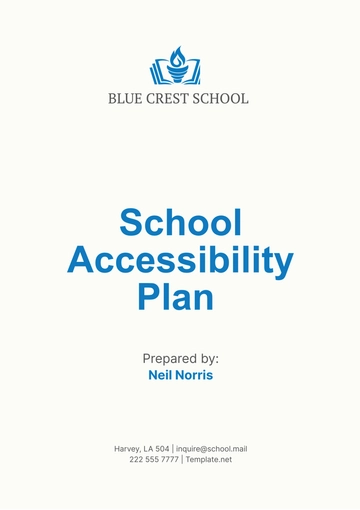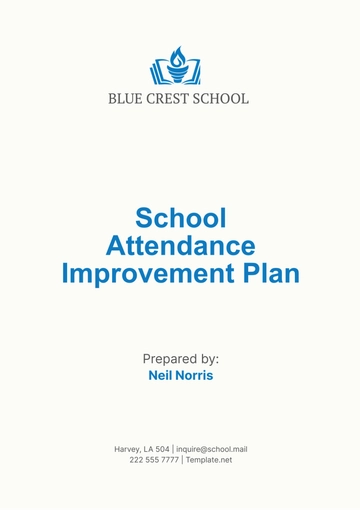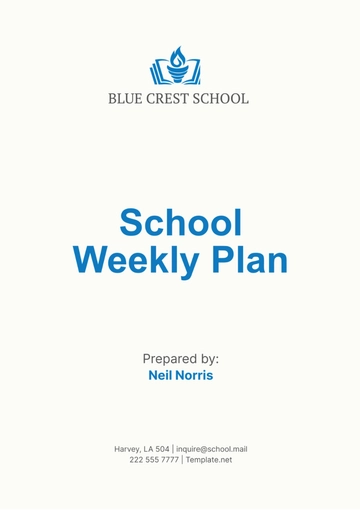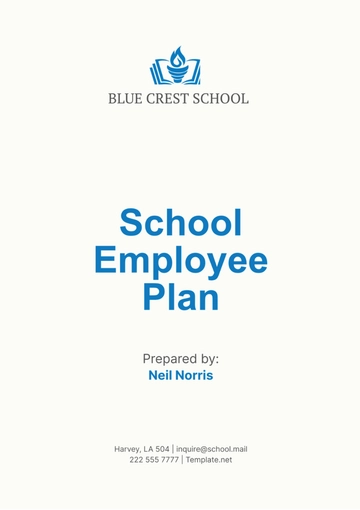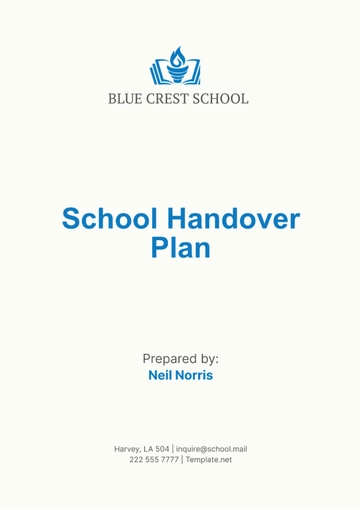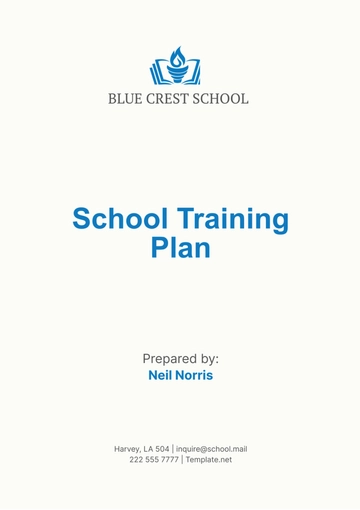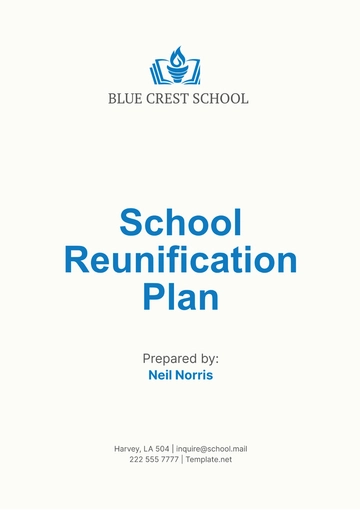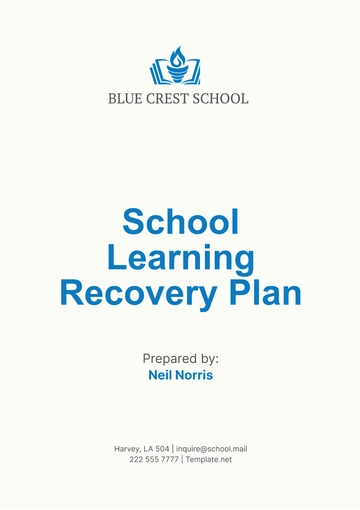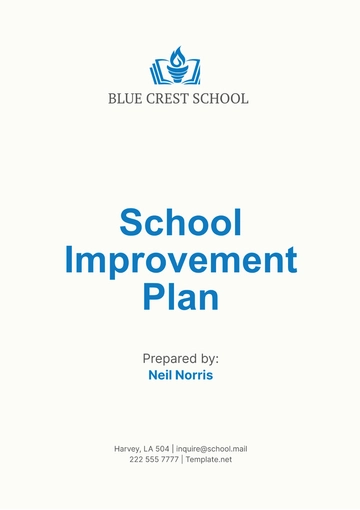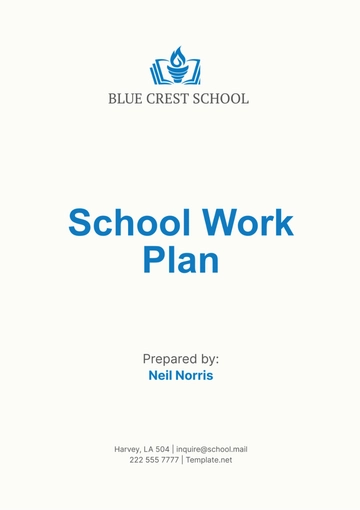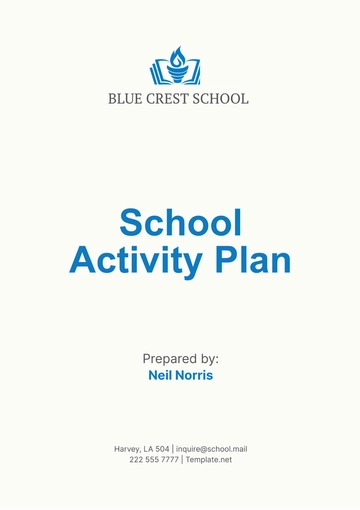Free Flag Football Unit Plan
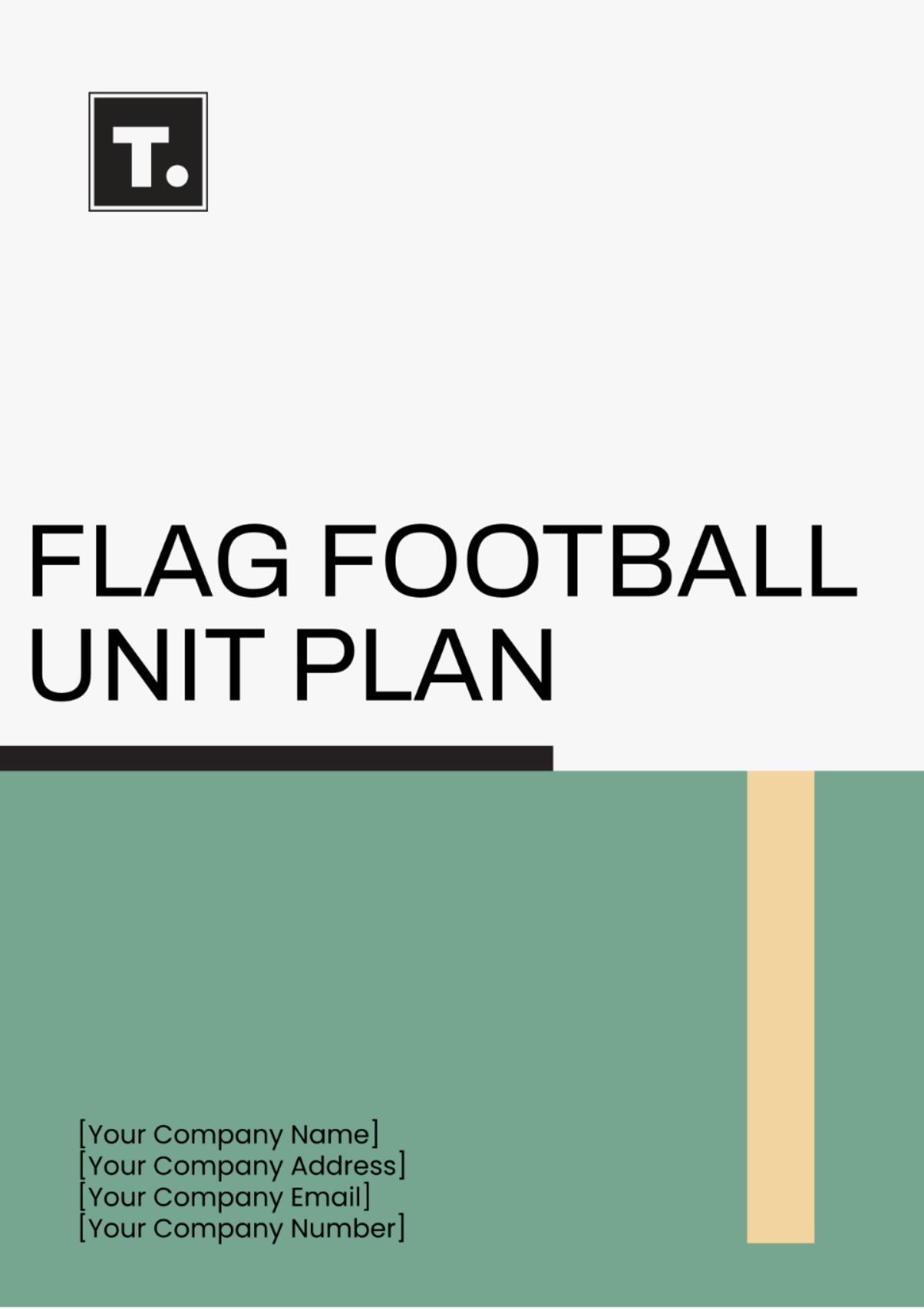
Prepared by: | [Your Name] |
Topic: | Flag Football |
Date: | [Date] |
I. Unit Overview
This detailed Flag Football Unit Plan offers students the chance to acquire and perfect basic skills, comprehend the rules, and delve into the tactics essential for the game. Painstakingly designed, the unit not only promotes physical health and teamwork but also emphasizes fairness and sportsmanship. Moreover, it is organized to align with current educational standards, fitting smoothly into the wider school curriculum.
II. Learning Objectives
Understand and demonstrate the basic skills of flag football, including passing, catching, and flag pulling.
Comprehend and apply the rules and strategies of flag football.
Develop teamwork, communication, and sportsmanship through gameplay.
Enhance physical fitness through various flag football activities and drills.
III. Standards Alignment
Standard | Description | Activities/Assessment |
|---|---|---|
PE.5.3.1 | Demonstrates motor skills and movement patterns for various physical activities. | Passing and catching drills, flag pulling practice. |
PE.5.3.2 | Exhibits responsible personal and social behavior that respects self and others in physical activity settings. | Team discussions on sportsmanship, and observing rules during gameplay. |
PE.5.3.3 | Participates regularly in physical activity to improve overall fitness. | Warm-ups, cool-downs, and regular flag football games. |
IV. Unit Schedule
Lesson | Topic | Activities/Assessment |
|---|---|---|
Lesson 1 | Introduction to Flag Football | Overview of rules, basic skills demonstration, and initial warm-up exercises. |
Lesson 2 | Passing and Catching | Drills for passing and catching, peer assessment on technique. |
Lesson 3 | Flag Pulling and Defense | Flag-pulling drills, team defensive strategy discussions. |
Lesson 4 | Offensive Strategies | Running plays, passing routes, and team offensive strategy sessions. |
Lesson 5 | Game Play and Assessment | Full flag football game, peer and teacher feedback on performance. |
V. Instructional Strategies
Demonstration and Practice: Teachers will demonstrate key skills and allow students to practice through drills and activities.
Team-Based Learning: Students will be grouped into teams to practice and play games, fostering teamwork and collaboration.
Discussion and Reflection: Class discussions on rules, strategies, and sportsmanship reinforce learning and encourage reflection.
Assessment: Formative assessments through observation, peer feedback, and performance in drills and games.
VI. Assessment and Evaluation
The evaluation process for this academic unit is designed to incorporate both formative and summative assessment strategies.
Formative assessments: Incorporate feedback provided by peers, and detailed observations made by teachers during practice drills, and engage in thorough discussions that involve reflecting on the activities conducted.
Criteria | Excellent (4) | Good (3) | Satisfactory (2) | Needs Improvement (1) |
|---|---|---|---|---|
Peer Feedback | Detailed, constructive, and positive feedback | Constructive with some positive elements | Basic feedback with minimal constructive input | Vague or lacks constructive elements |
Teacher Observations | Consistently accurate and effective skills | Minor inaccuracies or inconsistencies in skills | Basic skills with notable inaccuracies | Struggles with basic skills |
Reflective Discussions | Actively insightful reflections | Meaningful reflections | Basic reflections | Limited participation and reflection |
Formative Assessment Rubric
Summative assessment: The activity includes a conclusive flag football game during which students have the opportunity to showcase their acquired skills, their comprehension of the game rules, and their proficiency in collaborating effectively as a team.
Criteria | Excellent (4) | Good (3) | Satisfactory (2) | Needs Improvement (1) |
|---|---|---|---|---|
Skills Demonstration | High proficiency in passing, catching, and flag-pulling | Good proficiency with minor errors | Basic proficiency with some errors | Struggles with basic skills |
Understanding of Rules | Fully understands and consistently applies rules | Understands and applies with occasional lapses | Basic understanding of inconsistent application | Lacks understanding and poor application |
Teamwork and Collaboration | Exceptional communication and cooperation | Good communication and cooperation | Basic communication and cooperation | Poor communication and cooperation |
Summative Assessment Rubric
VII. Resources and Materials
Flag football sets (flags and belts): Essential equipment for playing flag football, consisting of flags attached to belts worn by players. These sets allow for safe and engaging gameplay by simulating tackling without physical contact.
Footballs: Necessary for both drills and gameplay, footballs are used to practice passing, catching, and other essential skills of flag football. Sufficient quantities ensure smooth and uninterrupted practice sessions and games.
Cones and markers: Used to mark boundaries, set up drill stations, and designate playing areas during flag football activities. They help organize and structure practices and games effectively.
Whistle and stopwatch: Vital tools for game management, the whistle is used to signal the start and stop of play, while the stopwatch helps track game time and enforce time limits for drills and activities.
Handouts on rules and strategies: Printed materials providing comprehensive information on the rules and strategies of flag football. These handouts serve as valuable references for students to understand and apply the game's principles effectively.
VIII. Modifications and Accommodations
To ensure all students can participate and benefit from the unit, the following modifications and accommodations will be made:
Modifying drills and activities to accommodate different skill levels and physical abilities is essential for effective coaching.
Providing additional support and instruction for students who need it.
Making certain that there is clear communication and providing visual demonstrations to aid students who have learning difficulties.
Developing teams that are inclusive and that foster an environment promoting opportunities for equal participation among all students.
- 100% Customizable, free editor
- Access 1 Million+ Templates, photo’s & graphics
- Download or share as a template
- Click and replace photos, graphics, text, backgrounds
- Resize, crop, AI write & more
- Access advanced editor
Optimize your flag football curriculum with Template.net's Flag Football Unit Plan Template. Tailored for coaches and PE teachers, this editable and customizable template ensures flexibility in designing engaging and structured unit plans. Utilize our Ai Editor Tool to effortlessly personalize it to meet your team's specific needs and objectives. Streamline your planning process and elevate your coaching strategy
You may also like
- Finance Plan
- Construction Plan
- Sales Plan
- Development Plan
- Career Plan
- Budget Plan
- HR Plan
- Education Plan
- Transition Plan
- Work Plan
- Training Plan
- Communication Plan
- Operation Plan
- Health And Safety Plan
- Strategy Plan
- Professional Development Plan
- Advertising Plan
- Risk Management Plan
- Restaurant Plan
- School Plan
- Nursing Home Patient Care Plan
- Nursing Care Plan
- Plan Event
- Startup Plan
- Social Media Plan
- Staffing Plan
- Annual Plan
- Content Plan
- Payment Plan
- Implementation Plan
- Hotel Plan
- Workout Plan
- Accounting Plan
- Campaign Plan
- Essay Plan
- 30 60 90 Day Plan
- Research Plan
- Recruitment Plan
- 90 Day Plan
- Quarterly Plan
- Emergency Plan
- 5 Year Plan
- Gym Plan
- Personal Plan
- IT and Software Plan
- Treatment Plan
- Real Estate Plan
- Law Firm Plan
- Healthcare Plan
- Improvement Plan
- Media Plan
- 5 Year Business Plan
- Learning Plan
- Marketing Campaign Plan
- Travel Agency Plan
- Cleaning Services Plan
- Interior Design Plan
- Performance Plan
- PR Plan
- Birth Plan
- Life Plan
- SEO Plan
- Disaster Recovery Plan
- Continuity Plan
- Launch Plan
- Legal Plan
- Behavior Plan
- Performance Improvement Plan
- Salon Plan
- Security Plan
- Security Management Plan
- Employee Development Plan
- Quality Plan
- Service Improvement Plan
- Growth Plan
- Incident Response Plan
- Basketball Plan
- Emergency Action Plan
- Product Launch Plan
- Spa Plan
- Employee Training Plan
- Data Analysis Plan
- Employee Action Plan
- Territory Plan
- Audit Plan
- Classroom Plan
- Activity Plan
- Parenting Plan
- Care Plan
- Project Execution Plan
- Exercise Plan
- Internship Plan
- Software Development Plan
- Continuous Improvement Plan
- Leave Plan
- 90 Day Sales Plan
- Advertising Agency Plan
- Employee Transition Plan
- Smart Action Plan
- Workplace Safety Plan
- Behavior Change Plan
- Contingency Plan
- Continuity of Operations Plan
- Health Plan
- Quality Control Plan
- Self Plan
- Sports Development Plan
- Change Management Plan
- Ecommerce Plan
- Personal Financial Plan
- Process Improvement Plan
- 30-60-90 Day Sales Plan
- Crisis Management Plan
- Engagement Plan
- Execution Plan
- Pandemic Plan
- Quality Assurance Plan
- Service Continuity Plan
- Agile Project Plan
- Fundraising Plan
- Job Transition Plan
- Asset Maintenance Plan
- Maintenance Plan
- Software Test Plan
- Staff Training and Development Plan
- 3 Year Plan
- Brand Activation Plan
- Release Plan
- Resource Plan
- Risk Mitigation Plan
- Teacher Plan
- 30 60 90 Day Plan for New Manager
- Food Safety Plan
- Food Truck Plan
- Hiring Plan
- Quality Management Plan
- Wellness Plan
- Behavior Intervention Plan
- Bonus Plan
- Investment Plan
- Maternity Leave Plan
- Pandemic Response Plan
- Succession Planning
- Coaching Plan
- Configuration Management Plan
- Remote Work Plan
- Self Care Plan
- Teaching Plan
- 100-Day Plan
- HACCP Plan
- Student Plan
- Sustainability Plan
- 30 60 90 Day Plan for Interview
- Access Plan
- Site Specific Safety Plan
